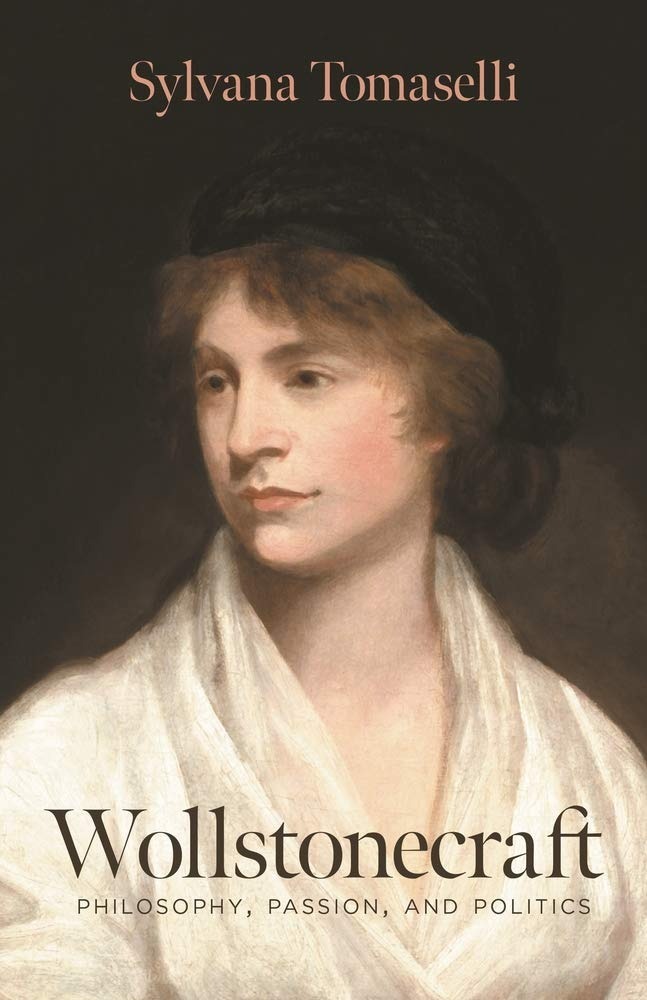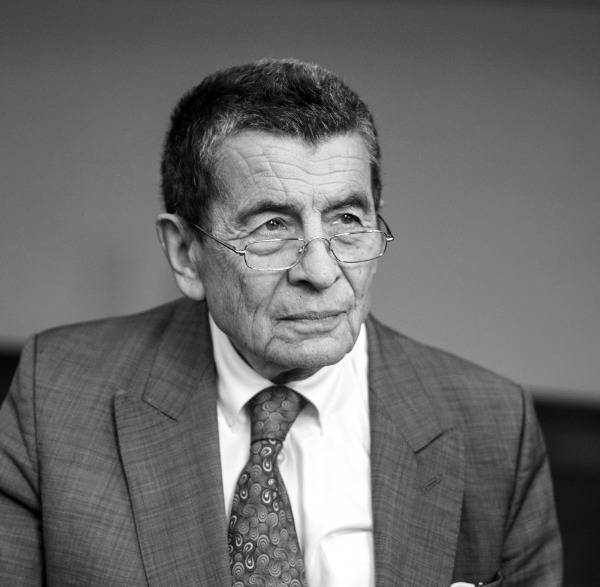
Sylvana Tomaselli is the Sir Harry Hinsley Lecturer in History at St John's College, Cambridge. "Wollstonecraft: Philosophy, Passion, and Politics" is published by Princeton University Press.
Your book is unusual due to its taking a comprehensive look at Wollstonecraft’s life and work as a whole. You also mention that her lesser-known writings are beginning to get the recognition they deserve. Why this renewed interest in Wollstonecraft, and what made you want to publish a book on her now?
A growing interest in the history of women and in their contributions to all aspects of culture and politics has led to an exponential growth in the scholarship on authors such as Wollstonecraft. The ready availability of their works has made it possible for them to be taught in schools and universities. Feminism and gender studies have also played their part in the process, as has literary criticism, given her two novels. Wollstonecraft has long been of interest to feminist activists and philosophers. It is only natural that with the publication of her Works by Janet Todd and Marilyn Butler, a broader range of her works are the object of even greater scholarly attention. As for me, I wanted to garner my thoughts on her having taught her for many years and written on various aspects of her moral and political philosophy.
While known today perhaps chiefly as an advocate for women's rights, your book shows the way in which Wollstonecraft thought, wrote and struggled against subjugation and enslavement of all kinds: of women by men, of slaves by slave owners, but also of children by parents, of men to one another. How did this approach shape her work, and feminism?
The answer is: thoroughly. It shaped it through and through. But she also shaped, or helped shaped, how we conceive of these power relations.
Another form of enslavement is that of the "false" self over the "true" self. What did Wollstonecraft mean by this?
Like many other eighteenth-century authors, Wollstonecraft thought that we live in a hall of mirrors, that we live in the gaze of others, and strive for recognition. She believed that we do so through artifice, appearance, possessions and adornments, and that the process of seeking admiration, which she saw as competitive, was distorting of human nature and of what ought to be our goals as rational and imaginative beings.
What do you make of the debate over the statue in Newington Green?
It was good to see such a healthy debate taking place. It involved so many subjects that she herself considered such as sculpture, beauty, and the representation of women. Wollstonecraft would have liked that very much.
As you explore in the book, Wollstonecraft has been read as a liberal, a republican, a socialist utopian, or any combination of these. She has also been described as the "first English feminist". Why does her work defy categorisation?
She has indeed been seen as belonging to these schools. The difficulty with labelling any author, not just Wollstonecraft, is that it can hinder rather than help understanding them. One will almost invariably have to explain in what sense and to what extent they are a liberal, republican, or utopian socialist. That seems to me a cumbersome way of approaching the thought of an author. As for Wollstonecraft being the first English feminist, that is also said of Mary Astell (1666–1731) who died long before Wollstonecraft was born. There might be other contenders for that title. In any event, calling someone the first also closes more doors than it opens.
As you point out, she wanted to be know as a philosopher and a moraliser. What of her ideas around human nature?
As I write in the book, Wollstonecraft's confidence in human perfectibility was apparent throughout her works. She believed that while human beings had the potential to be compassionate and could, through acts of kindness, reveal their divine nature and small, but crucial, resemblance to their Creator, this capacity had to be developed. Moreover, while they were perfectible, human beings were by the same token corruptible and were mostly so in a society that distorted human relations through social and economic inequality and false values.
What can we learn if anything, today, from her faith in the perfectibility of humanity?
That the world is imperfect but that we have it in our means to make it as it should be.

